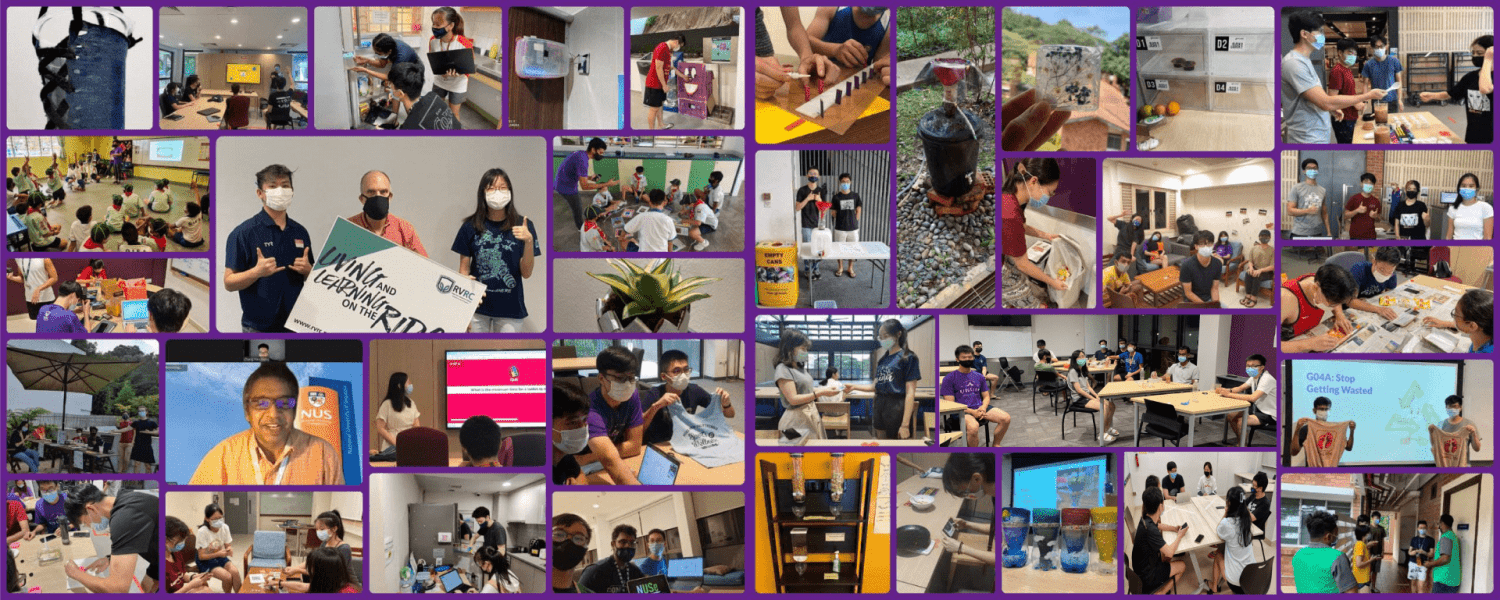Chin Jun Kang (FoE/ISE1), Noah Khoo Feng Yuan (SoC/COM1), Sonia Balamurugan (FoE/EVE1), Tan Shi Hui, Lynette (FASS/ARS1), Tan Zi Liang (FoS/SCI1)
Academic Advisor: Kah Wei | Student Fellow: Lim Boon Pin
The use of plastic shopping bags is ubiquitous in Singapore’s consumer culture, with an estimated 3 billion bags used in 2011. Life-cycle analyses of plastic bags have demonstrated that their consumption exerts a heavy toll on the environment. Our literature review has validated the effectiveness of positive psychology (PP) in motivating behavioural change. We investigated if PP could be similarly applied in the composition of slogans to promote plastic bag reduction among RVRC residents. An online survey of 37 RVRC students was conducted where participants chose between slogans incorporating PP and without. The participants deemed slogans incorporating PP concepts to be more effective in encouraging plastic bag reduction. We also found that goal-based slogans were the most favoured across the PP concepts. Our results provide a glimpse into the psychology behind environmental slogans and may be used to help design future slogans and campaigns promoting plastic bag reduction.
Keywords: Culture and Lifestyle Trends, Responsible Consumption
